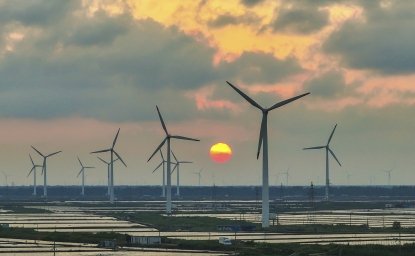The Fragile Antarctic Peninsula: Conserving Biodiversity through Marine Protected Areas






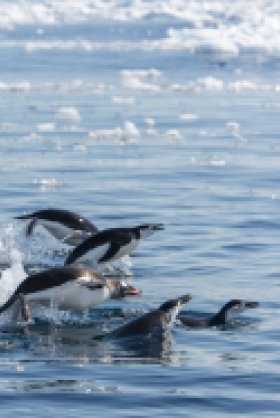
To examine the role of the international community in shaping Latin America’s environmental agenda, the Wilson Center’s Latin American Program and its Brazil Institute, Environmental Change and Security Program, China Environment Forum, and Global Europe Program launched a collaborative research project last year, Latin America’s Environmental Policies in Global Perspective. Through a series of papers written by experts representing diverse perspectives, the project explores how environmental challenges in Latin America increasingly condition the region’s most important diplomatic and economic relationships, and how those relationships in turn impact conditions on the ground.
In partnership with the Wilson Center’s Polar Institute, the first paper in this series explores a proposed marine protected area (MPA) in the Antarctic Peninsula. Known as the Domain 1 MPA or “D1MPA,” this proposed marine conservation initiative was first introduced by Argentina and Chile in 2018, and seeks to create a major refuge for biodiversity in the Southern Ocean. Next week, the Commission for the Conservation of Antarctic Marine Living Resources (CCAMLR) will host its annual meetings. Report author Andrea Capurro, an Argentine marine biologist currently based at Boston University’s Pardee Center for the Study of the Longer-Range Future, argues that “if adopted collectively by CCAMLR, the proposed D1MPA will protect delicate biodiversity of the region now and in the future.”
Author
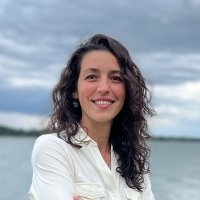

Latin America Program
The Wilson Center’s prestigious Latin America Program provides non-partisan expertise to a broad community of decision makers in the United States and Latin America on critical policy issues facing the Hemisphere. The Program provides insightful and actionable research for policymakers, private sector leaders, journalists, and public intellectuals in the United States and Latin America. To bridge the gap between scholarship and policy action, it fosters new inquiry, sponsors high-level public and private meetings among multiple stakeholders, and explores policy options to improve outcomes for citizens throughout the Americas. Drawing on the Wilson Center’s strength as the nation’s key non-partisan policy forum, the Program serves as a trusted source of analysis and a vital point of contact between the worlds of scholarship and action. Read more


Polar Institute
Since its inception in 2017, the Polar Institute has become a premier forum for discussion and policy analysis of Arctic and Antarctic issues, and is known in Washington, DC and elsewhere as the Arctic Public Square. The Institute holistically studies the central policy issues facing these regions—with an emphasis on Arctic governance, climate change, economic development, scientific research, security, and Indigenous communities—and communicates trusted analysis to policymakers and other stakeholders. Read more


Environmental Change and Security Program
The Environmental Change and Security Program (ECSP) explores the connections between environmental change, health, and population dynamics and their links to conflict, human insecurity, and foreign policy. Read more


China Environment Forum
Since 1997, the China Environment Forum's mission has been to forge US-China cooperation on energy, environment, and sustainable development challenges. We play a unique nonpartisan role in creating multi-stakeholder dialogues around these issues. Read more


Global Europe Program
The Global Europe Program is focused on Europe’s capabilities, and how it engages on critical global issues. We investigate European approaches to critical global issues. We examine Europe’s relations with Russia and Eurasia, China and the Indo-Pacific, the Middle East and Africa. Our initiatives include “Ukraine in Europe”—an examination of what it will take to make Ukraine’s European future a reality. But we also examine the role of NATO, the European Union and the OSCE, Europe’s energy security, transatlantic trade disputes, and challenges to democracy. The Global Europe Program’s staff, scholars-in-residence, and Global Fellows participate in seminars, policy study groups, and international conferences to provide analytical recommendations to policy makers and the media. Read more


Brazil Institute
The Brazil Institute—the only country-specific policy institution focused on Brazil in Washington—aims to deepen understanding of Brazil’s complex landscape and strengthen relations between Brazilian and US institutions across all sectors. Read more

Explore More
Browse Insights & Analysis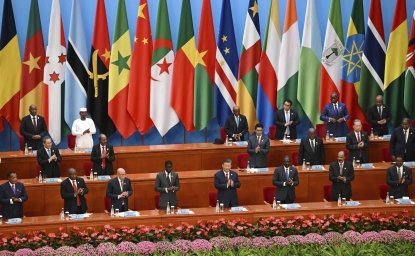
Lights On or Off? Chinese Solar and Wind Companies in Sub-Saharan Africa
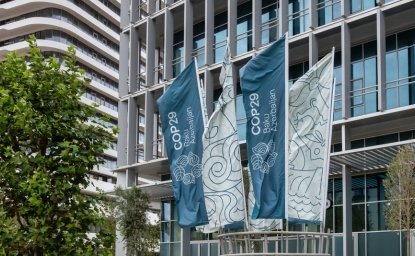
COP29 Negotiations at Crossroads: Financing and Emission Pledges Remain Unresolved
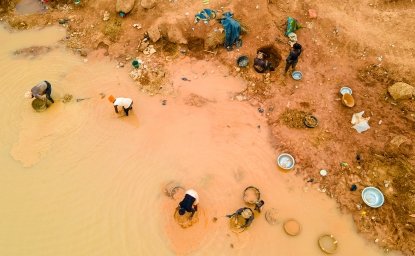
There's Mining, Then There's Galamsey
